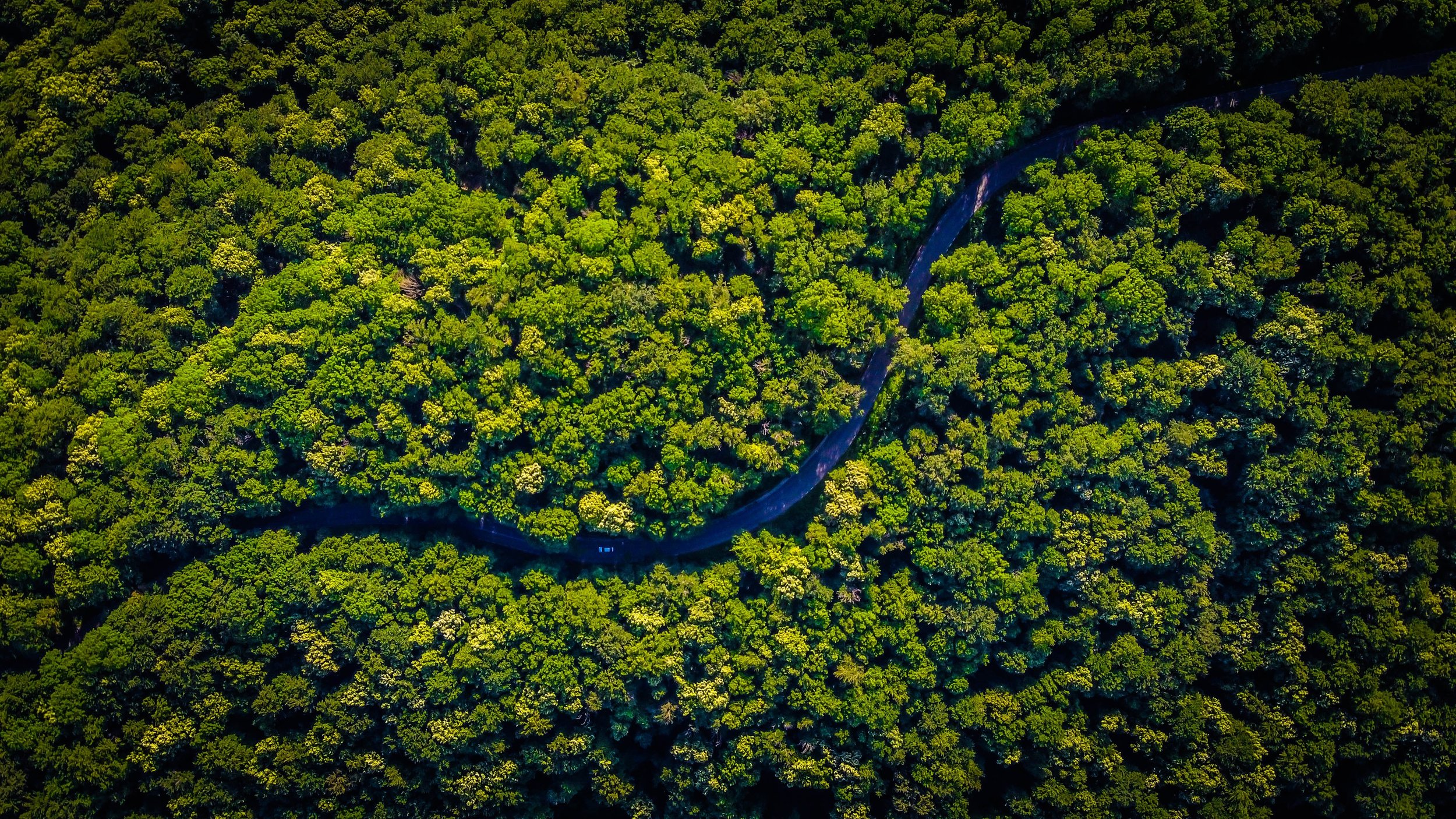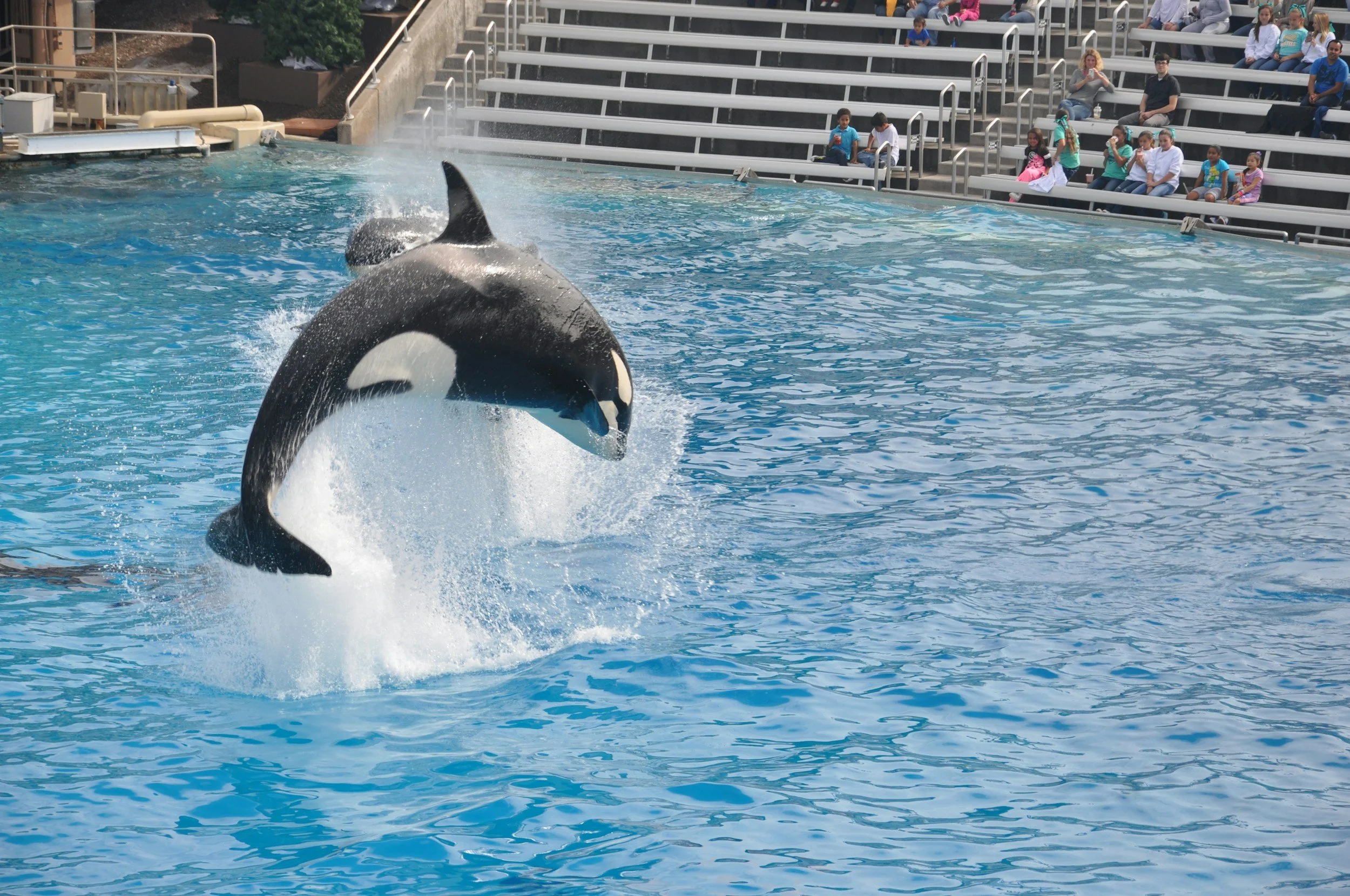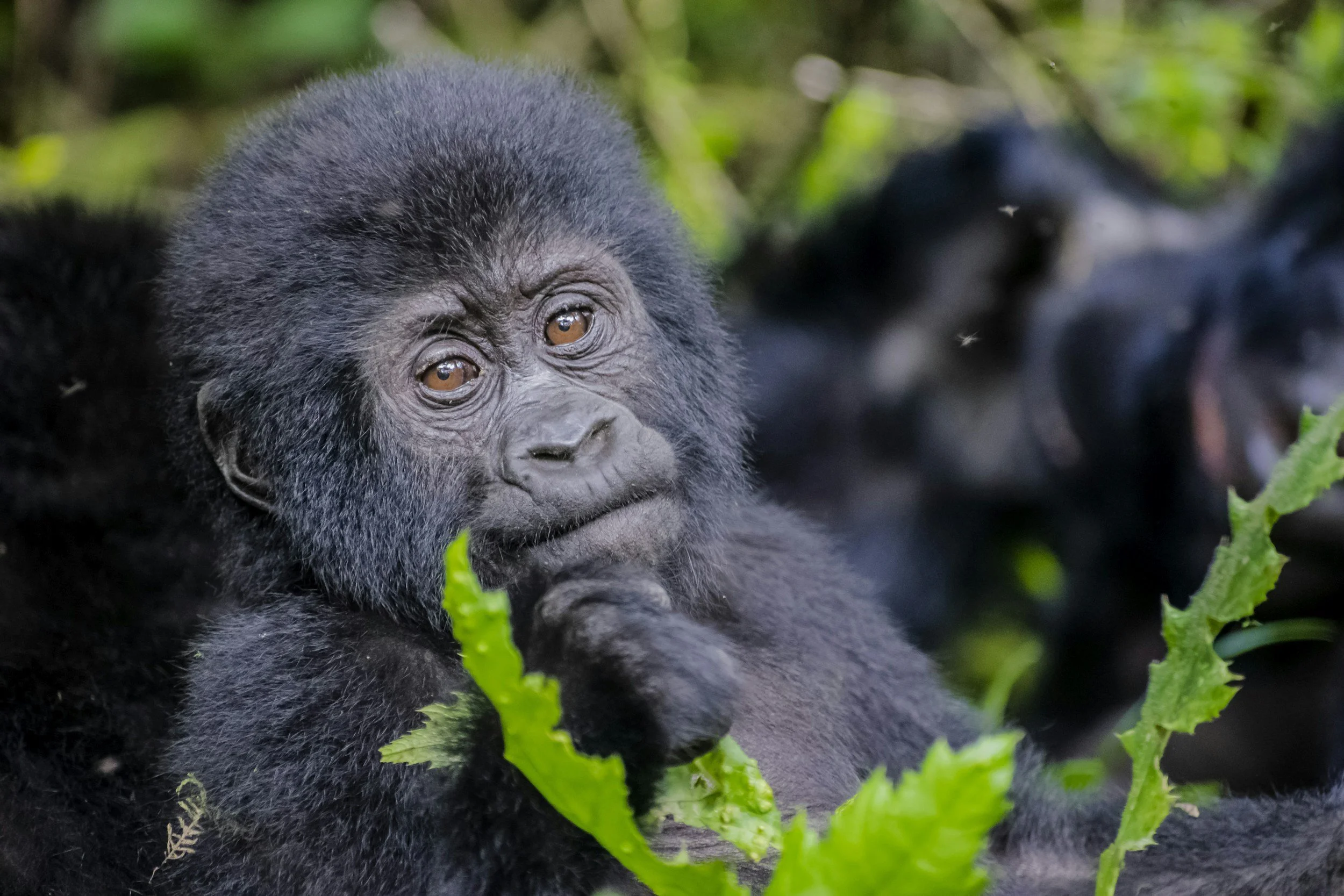Deforestation in Brazil’s Amazon Drops 34% In President Lula’s First Six Months
The president is hoping to reverse the previous government’s “plundering” of the Amazon, and is pledging to achieve zero deforestation by 2030.
New satellite data has revealed that deforestation in Brazil’s Amazon has dropped by 33.6 percent in the first six months of President Luiz Inácio Lula da Silva’s presidency.
President Lula took office in January this year, and among his pledges is to reverse four years of increasing destruction in the Amazon, led by former president Jair Bolsonaro.
Data so far shows a promising start. Alerts from January to June for possible deforestation in the rainforest covered 2,650 square kilometres, compared to 4,000 square kilometres in the previous year.
“The effort of reversing the curve of growth has been reached. That is a fact: we reversed the curve; deforestation isn’t increasing,” said João Paulo Capobianco, the Environment Ministry’s executive secretary, reports the Associated Press.
The Amazon rainforest is hugely important for both the global climate and for wildlife. It’s home to roughly 10 percent of all known wildlife species, and it stores around 76 billion tonnes of carbon. Whilst the Amazon spans across nine countries, around 60 percent of the rainforest is located in Brazil.
Under Bolsonaro’s government, the Amazon was particularly devastated with a significant increase in illegal logging, non-natural forest fires, and the clearing of land for the likes of cattle ranching and growing animal feed.
But now this latest data suggests work is being done to try and reverse past devastation. And during an environmental summit this month, president Lula told leaders in the region that he is pledging to achieve zero deforestation by 2030.
“The rainforest is neither a void that needs occupying nor a treasure trove to be looted,” Lula told the conference. “It is a flowerbed of possibilities that must be cultivated”.
Tackling Deforestation
The Amazon’s vast space means that tackling deforestation is a complex task that requires many different interventions. Tackling environmental crime in the region and opposing oil exploration in the Amazon are some key answers, but Lula will also have to tackle the beef industry’s role in deforestation too.
That’s because raising cattle to produce beef is the largest driver of deforestation in every Amazon country, accounting for around 80 percent of the current deforestation. Today Brazil is the world’s largest exporter of beef, accounting for nearly a quarter of global beef exports.
To keep up with demand, farmers set fires to clear swathes of the rainforest, making way for more and more pasture land to feed cattle - nearly half of Brazilian livestock are raised in fields that used to be rainforest. The land is also burnt to grow crops to feed these animals being raised for meat.
Our choices matter to animals and the environment. Sign up for the Species Unite 7-Day Vegan Challenge here.
We Have A Favor To Ask…
Species Unite amplifies well-researched solutions to some of the most abusive animal industries operating today.
At this crucial moment, with worldwide momentum for change building, it’s vital we share these animal-free solutions with the world - and we need your help.
We’re a nonprofit, and so to keep sharing these solutions, we’re relying on you - with your support, we can continue our essential work in growing a powerful community of animal advocates this year.
More stories:
Species Unite
A collection of stories of those who fight the good fight on behalf of animals.






A judge has issued Pennsylvania’s first habeas corpus order for a nonhuman animal, advancing NhRP’s fight to move five African elephants from the Pittsburgh Zoo to a sanctuary.